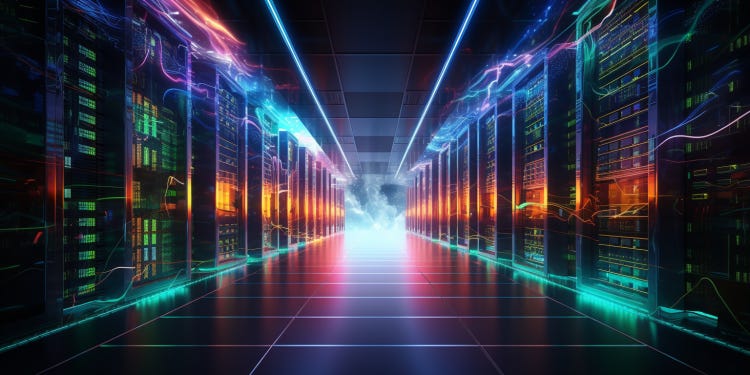Google’s secret playbook for building AI agents is out.
It’s not just about chatbots anymore—AI agents are planning, executing, and making decisions autonomously.
This is the blueprint for a future where machines act like humans... and it’s both thrilling and terrifying. 👇
Think about it: What if AI could solve real-world problems without needing constant input?
From managing companies to navigating complex crises, AI agents could revolutionize—or disrupt—everything.
Google just revealed how they’re making this happen.
In their whitepaper, Google unveiled the cognitive architecture behind AI agents.
At the core? An orchestration layer that enables reasoning, planning, and decision-making.
This isn’t just software—it’s the brain of the next tech revolution. 🧠
Here’s the key
Agents extend language models by integrating tools like:
🔗 APIs for real-time info
📚 Data stores for memory
🔧 Functions to execute tasks autonomously
They’re not just thinking. They’re doing.
Example: Imagine an AI agent managing a supply chain.
✅ Retrieves real-time shipping data via APIs.
✅ Plans optimal delivery routes.
✅ Adapts to disruptions autonomously.
Human managers? Optional.
But wait—it gets deeper. Google’s approach includes cutting-edge reasoning frameworks:
🤔 ReAct: Combines reasoning and acting in real-time.
🧠 Chain-of-Thought: Breaks problems into logical steps.
🌳 Tree-of-Thoughts: Explores multiple solutions before deciding.
This isn’t AI guessing—it’s AI strategizing.
Here’s why this matters
AI agents aren’t just assistants anymore. They’re becoming independent problem-solvers.
Governments, corporations, even you could one day rely on them for critical decisions.
Exciting? Yes.
Scary? Also yes.
Of course, the vision isn’t perfect—yet.
Building complex AI agents requires:
🔄 Iteration.
🧪 Experimentation.
🎯 Precision.
No two agents are alike, which means developers must tailor them for specific tasks and industries.
Here’s a controversial twist
While Big Tech races to deploy AI agents, regulators are barely catching up.
Who controls these agents?
What happens when an autonomous decision goes wrong?
The stakes are sky-high.
Despite the risks, the potential is undeniable. Google highlights a concept called agent chaining—where multiple agents specialize in different areas, collaborating for complex outcomes.
It’s like assembling a team of experts... only they’re all machines.
Imagine this:
A hospital deploys agent chains to:
🏥 Analyze patient data.
🧬 Recommend treatments.
📦 Manage medical supplies.
Lives saved. Costs reduced. Efficiency maximized.
But here’s the irony
The very tools that make agents powerful—like data access and decision-making—also make them vulnerable to misuse.
Who decides the ethical boundaries?
How do we prevent bias in their decisions?
We’re building a future faster than we can govern it.
Still, the possibilities are mind-blowing.
Think:
🌍 Climate solutions.
🛠️ Automated infrastructure repairs.
📈 Hyper-efficient businesses.
If harnessed responsibly, AI agents could solve humanity’s biggest problems.
So, what’s the lesson here?
AI isn’t just evolving—it’s escaping its previous limits.
Google’s whitepaper shows a future where AI doesn’t just respond to questions—it actively reshapes our world.
Are you ready for the age of autonomous AI? This isn’t sci-fi anymore—it’s reality.
Let’s talk:
What excites you?
What scares you?
The future is here, and it’s thinking for itself.
Love what you read? Subscribe and never miss an update!






It's mind-boggling yet scary at the same time.
The future is here and thinking and thinking for itself!
Perhaps a future awaits, where everybody becomes The Buddha.
Wow! I have to say yes I agree it’s both exciting and scary all at the same time. In the hands of the ‘wrong’ people this could be such a destructive force but in the hands of those who want to see everyone winning and succeeding in whatever guise that might be I think it has so much potential. It is interesting that you say it could run governments etc etc. Now that is scary unless we can break free from outdated ideologies and seek something new and refreshing with regard to governance. It will be interesting to observe the developments